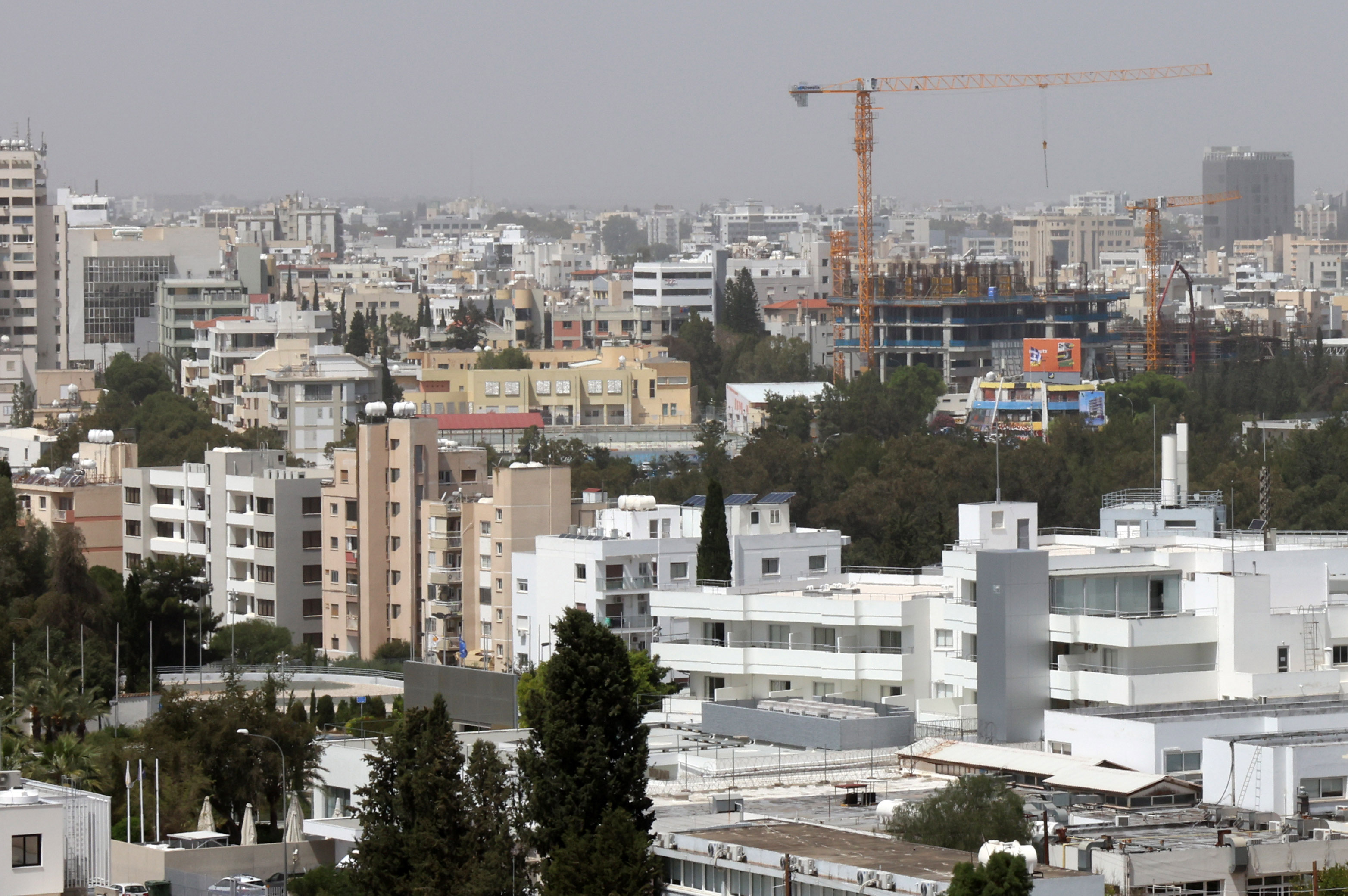Hundreds of ‘trapped buyers’ of property may never receive title deeds, as their purchases are tied to developers’ mortgages on buildings ridden with irregularities.
Interior ministry permanent secretary Elikkos Elia, told the Cyprus Mail that the Department of Lands and Surveys received 21,495 applications by trapped buyers, after the 2015 law – aiming to help those buyers – came into effect.
Of those applications, “we managed to transfer titles in 11,158 cases,” Elia said.
He added that there were still over 9,000 applications pending, of which “only 2,331 meet the preconditions”.
Elia said the important party in the new equation – the banks – “gave money to the land developers and they did not pay it back”.
“We ended up with the phenomenon that a developer did not do his job well, a bank gave money and had demands over the development and a buyer who fulfilled all his obligations to purchase a maisonette,” Elia said.
He was referring to a recent decision by the appeals court impacting thousands of ‘trapped buyers’ who, despite having paid in full for their home or apartment, have not obtained a title deed due to outstanding financial obligations of property developers.
Issued on June 20, the court ruling concerns a case involving Bank of Cyprus as the plaintiff versus the land registry and a property developer. The latter had sold an apartment to a buyer, but the immovable property (land and building) on which the apartment was located was encumbered with a mortgage. Despite this, and based on a 2015 law aimed at helping trapped property buyers, the director of the Paphos land registry had green-lit the transfer of the title deed to the buyer.
An added problem Elia explained is that many people bought property before it was even built and developers may since then have made irregular and arbitrary moves, such as building on plots designated as green spots.
“I am not sure how there will be a solution. It is a long-standing problem,” he said.
Elia added that “some developments were made without following the proper procedures.”
“There was tolerance on behalf of the local authorities, especially in coastal areas, with the biggest problem being in Paralimni. There was development without building permits or in the end it appeared that building terms had not been observed,” he said.
Elia told the Cyprus Mail that 20 or 30 years ago land developers did not follow regulations, for example they were given a permit to build eight maisonettes and ended up building ten and selling them to “unsuspecting Cypriots and foreigners”.
He spoke about “warped inspections” and “delays in issuing permits”, which led to arbitrary building and from thereon to people purchasing property without title deeds because deeds are issued for the developers and then transferred to the buyers.
“Often, they buy on paper, where there is an intention to build. People buy from the plans without knowing if the property is approved or will eventually be built as planned,” he said.
Elia said that “in the end we have trapped many people and that is why the law was passed.”
The purpose of the law and its amendments was “to protect the trapped buyers and facilitate them receiving title deeds”.
He added that “there are thousands of cases, many of which we managed to solve without activating the 2015 law.”
However, the recent decision by the appeals court may adversely affect the remaining trapped buyers.
Elia explained that the court deemed the 2015 ruling unconstitutional because, according to the constitution, the mortgage is the right of the bank and thus the Department of Lands and Surveys could not transfer a mortgaged property to a buyer.
The interior ministry and the department are now seeking the legal advice of the Law Office “to see what our obligations are and how we can solve this problem”.
“Some problems may not be solved.”
He said that “if, for example, a property is built on a green spot, I cannot say when it will be solved.”







Click here to change your cookie preferences